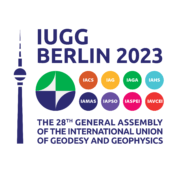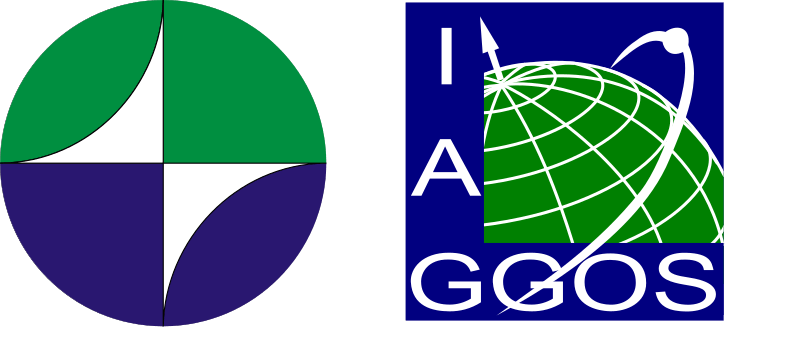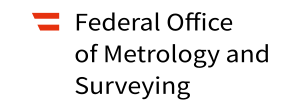IUGG General Assembly Abstract Submission – GGOS Session
Less than 6 months ahead the IUGG General Assembly will be held on 11-20 July 2023 in Berlin (Germany) and the abstract submission deadline on 21 February 2023 (it was extended!!) is getting closer.
We invite you to submit an abstract, especially to our GGOS sessions.
GGOS session
G06 Monitoring and Understanding the Dynamic Earth with Geodetic Observations
Convener(s): Basara Miyahara (Japan)
Co-Convener(s): Detlef Angermann (Germany) Allison Craddock (USA) Hansjörg Kutterer (Germany)
Description
Geodetic observations of the Earth’s shape, rotation, and gravity show that these Earth properties change on a wide range of timescales reflecting the wide range of processes affecting them, from external tidal forces to surficial processes involving the atmosphere, oceans, and hydrosphere to internal processes acting both at the core-mantle boundary as well as within the solid Earth itself. Measurements of the Earth’s shape, rotation, and gravity can therefore be used to gain greater understanding of mass transport within the entire Earth system, from tracking water in its various phases as it cycles through the atmosphere, oceans, and land, to crustal deformation associated with tectonic motions and glacial isostatic adjustment, to torsional, rotational, and inertial oscillations of the core. Geodetic observations provide the basis on which future advances in the geosciences can be built. By considering the Earth system as a whole (including the geosphere, hydrosphere, cryosphere, atmosphere and biosphere), monitoring Earth system components and their interactions by geodetic techniques and studying them from the geodetic point of view, the geodetic community provides the global geosciences community with a powerful tool consisting mainly of high-quality services, standards and references, and theoretical and observational innovations. Earth observations are needed not only for scientific research but also for societal applications such as disaster prevention and mitigation, managing resources like energy, water, and food, mitigating the effects of climate change, and protecting the biosphere, the environment, and human health. Geodetic observations provide the metrological foundation for Earth observations and provide the means to determine mass transport in the Earth system. Geodetic observations are therefore a cornerstone of the Earth observing systems needed for scientific research and societal applications. This Symposium will highlight the importance of geodetic observations to monitoring and understanding the dynamic Earth system for the benefit of both science and so



